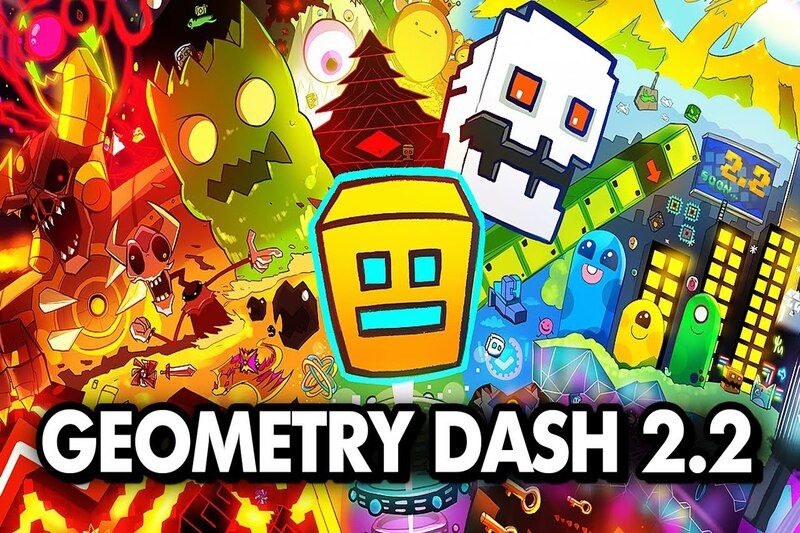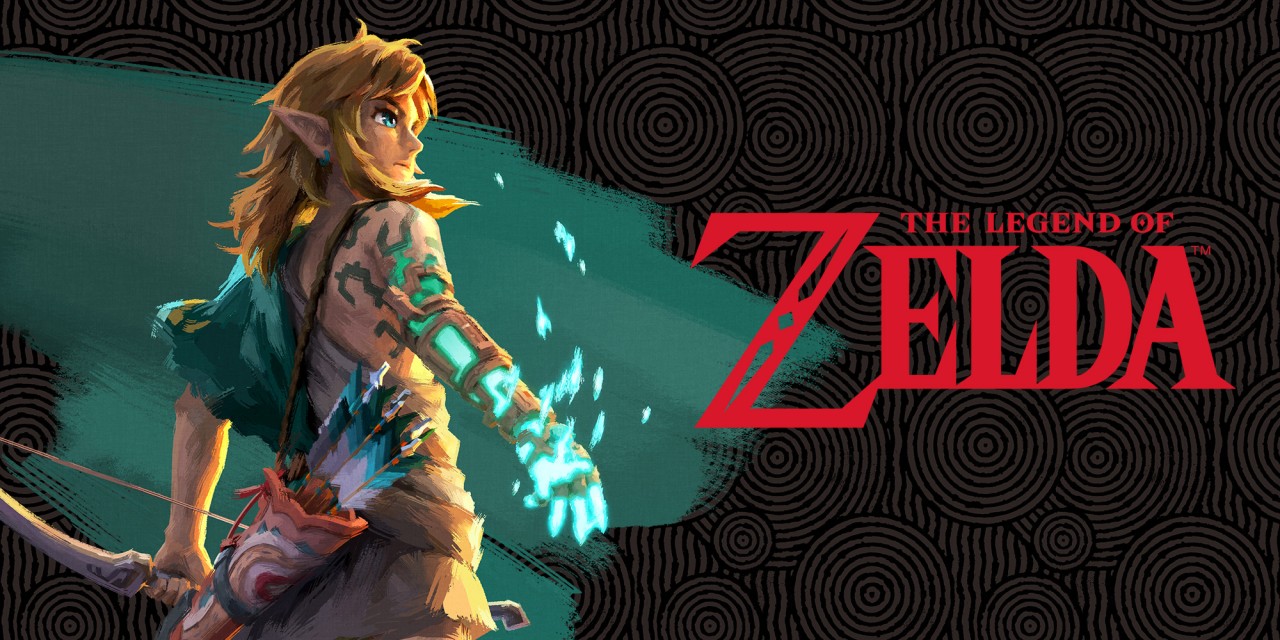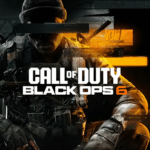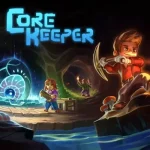Popular Now
Introduction
Grand Theft Auto V (GTA V) is not just an open-world action game; it's a satirical mirror reflecting modern society’s vices and contradictions. Developed by Rockstar Games, GTA V gained fame for its expansive world, dynamic characters, and layered storytelling. But beneath the surface of car chases and heists lies a deep commentary on violence, moral ambiguity, class struggle, and cultural apathy. This article explores ten specific issues in GTA V, arranged in chronological and thematic order, revealing how the game critiques and exposes the darker aspects of contemporary life.
1. The Origin of the Trio: Identity Fragmentation and Inner Conflict
At the beginning of GTA V, we meet three protagonists — Michael De Santa, Franklin Clinton, and Trevor Philips — each symbolizing a fractured aspect of the American dream.
Michael lives in luxury but is mentally unstable and disillusioned. Franklin, an ambitious young man from the streets, is seeking a way out of systemic poverty. Trevor, on the other hand, is the unfiltered manifestation of chaos and violence. Their convergence doesn’t just serve gameplay variety — it reflects psychological fragmentation in modern life. Players shift between different moral identities, never fully aligning with one, which mirrors how society often compartmentalizes personal ethics and social roles.
2. Early Heists and the Illusion of Freedom
In the first few missions, especially the jewelry store heist, the game seduces players with power and freedom. Planning, executing, and escaping a robbery is thrilling — but it also reveals GTA V’s core irony.
Despite the illusion of freedom, the characters are trapped: Michael is tied to the FIB, Franklin is cornered by his neighborhood's violence, and Trevor is haunted by betrayal. The game critiques the myth of upward mobility, showing that even in a sandbox world, characters are controlled — by the system, their past, or the game’s own narrative rails.
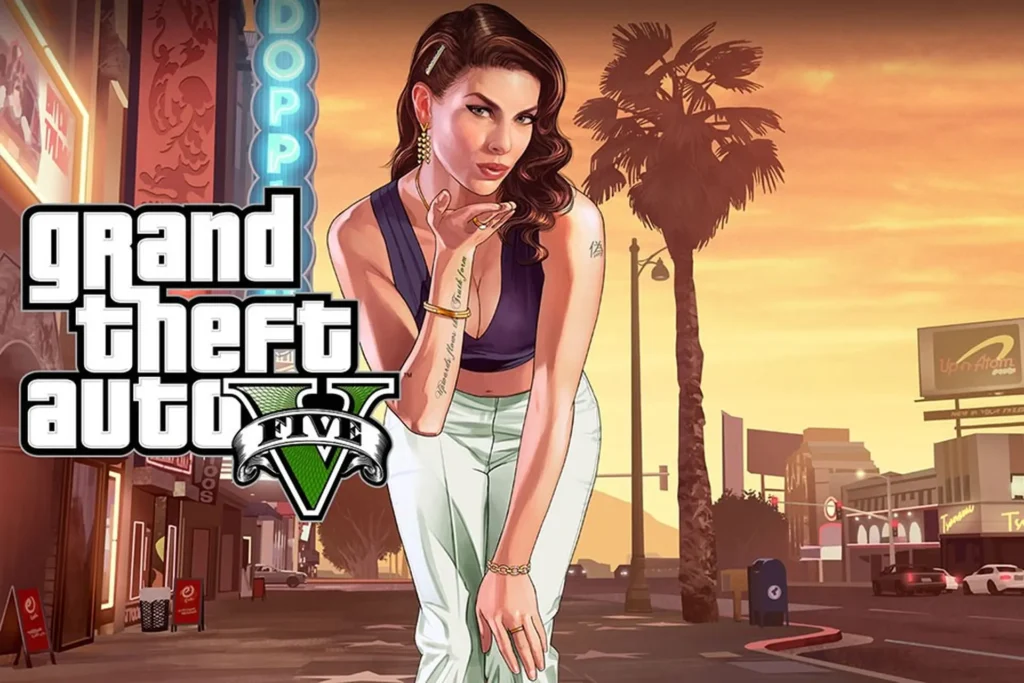
3. Vinewood and the Parody of Celebrity Culture
As Michael dives deeper into Vinewood — GTA’s version of Hollywood — the game savagely parodies entertainment culture. Fake celebrities, rigged movie deals, therapy sessions, and spoiled family members fill his arc.
This chapter reflects on how fame and wealth do not resolve internal emptiness. Michael’s dysfunctional family and shallow life highlight the vacuousness of consumerism and the moral bankruptcy often hidden behind the glitz of success. The game uses humor, but underneath lies a critique of how society worships celebrity while ignoring substance.
4. Franklin’s Journey and Systemic Racism
Franklin’s story is grounded in realism. Starting as a repo man in South Los Santos, he is surrounded by crime, limited opportunities, and racial stereotypes. His relationship with Lamar and neighborhood dynamics showcase the cyclical nature of poverty.
GTA V subtly criticizes how systemic racism locks people like Franklin into predetermined paths. Even as he gains money and status, he must still work under Michael or Trevor to succeed. His autonomy is limited — highlighting that economic mobility in marginalized communities is often just an illusion.
5. Trevor Philips: Embodiment of American Anarchy
Trevor is perhaps the most controversial character in GTA V. He is violent, unpredictable, and unhinged — yet paradoxically, he’s the most honest about who he is.
Unlike Michael, who hides behind a façade of civility, or Franklin, who tries to escape his roots, Trevor accepts his madness. His storyline — involving torture, drug trade, and murder — challenges players to confront their own complicity in video game violence. Trevor doesn’t pretend, making him both horrifying and compelling. He symbolizes unchecked capitalism, war culture, and nationalistic delusion.
6. Government and Corruption: FIB vs IAA
Midway through the game, the protagonists become entangled in a war between the FIB and the IAA — two fictional versions of the FBI and CIA. These agencies use Michael and his crew for covert missions, blackmail, and domestic espionage.
This plotline exposes institutional corruption, where federal agencies act more like criminal syndicates than protectors of law. Through satire, GTA V paints a picture of a state where legality is subjective, power is abusive, and morality is expendable. It blurs the line between law enforcement and crime, suggesting that power structures are inherently flawed.
7. Torture Mission: Interactive Ethical Dilemma
One of the most infamous moments in GTA V is the interactive torture mission, where Trevor must extract information from a suspect using brutal methods. While some players saw this as satire, many criticized Rockstar for forcing players to perform unethical actions.
This moment breaks the fourth wall. It implicates the player directly in simulated cruelty, pushing the boundaries of what is acceptable in gaming. The game does this deliberately — to ask, why are you still playing? It’s a moral test hidden inside a mainstream blockbuster.
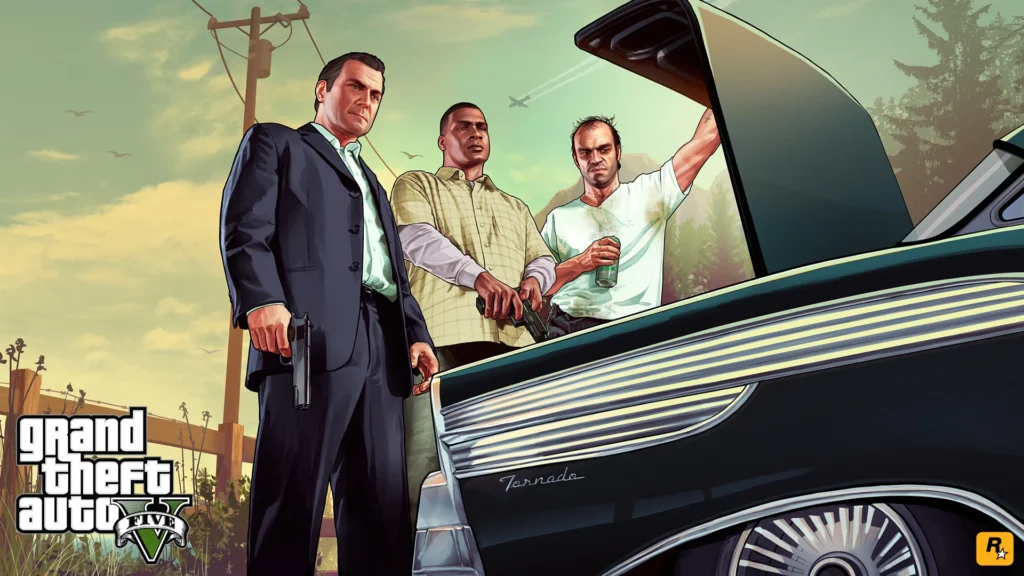
8. The Final Heist and Questions of Loyalty
The last heist, depending on the player’s choices, forces Franklin to choose between killing Trevor, killing Michael, or saving both. Each option reflects different moral consequences.
Choosing to kill either character forces Franklin to betray someone who shaped his life. Choosing to save both unlocks the “Deathwish” option, which is the only path of loyalty and unity. This choice reflects GTA V’s thematic climax: after a lifetime of crime, betrayal, and survival, can these characters choose something better? It’s a moment that lets the player reflect on trust, redemption, and the cost of power.
9. Satirical World-Building: Radio, Ads, and Internet
Beyond missions, GTA V’s world constantly delivers social critique through its background content. Radio shows, fake ads, in-game websites, and social media mocks everything from consumerism to religion to politics.
This satire is not subtle — and that’s the point. Lifeinvader, the game’s version of Facebook, mocks data privacy. Radio DJs rant about capitalism. Even NPCs speak in exaggerated clichés. Rockstar built a world so absurd that it becomes believable — a reflection of our own society taken to extremes. It’s immersive and unsettling at once.
10. Player Freedom vs Narrative Control
Although GTA V promotes player freedom, the story ultimately controls major outcomes. You can’t avoid certain deaths, betrayals, or missions. This contradiction raises questions about the limits of “freedom” in both gaming and real life.
Just like in real society, players are given the illusion of choice within pre-defined systems. GTA V uses this structure to comment on how people are often trapped by systemic forces beyond their control. It’s not just a game — it’s a metaphor for modern disempowerment.
Conclusion
Grand Theft Auto V is a game of contradictions: freedom versus control, humor versus horror, crime versus morality. Underneath the action and satire lies a serious exploration of society’s failures — from institutional corruption and systemic racism to consumerist emptiness and personal alienation.
By guiding players through the lives of Michael, Franklin, and Trevor, Rockstar forces us to confront uncomfortable truths. GTA V doesn’t just entertain; it provokes thought, challenges norms, and holds up a dark mirror to the real world. It’s not just a game about crime — it’s a critique of the systems that make crime feel like the only option.











